Today, 25th February, marks the anniversary of the tragic Pilkhana massacre, also known as Shaheed Sena Dibash.
This horrifying event took place on this date in 2009 at the Bangladesh Rifles (BDR) headquarters in Pilkhana.
Over two days, 25th and 26th February, 74 lives were lost, including 57 army officers, in one of the most brutal massacres in Bangladesh’s history.
Security analysts argue that the massacre was part of a broader strategy by the then Awami League government to consolidate power after taking office.
It is believed that the killings were used as a political tool, marking the first step in the government’s move to extend its control.
“This was the first step toward extending their hold on power. After this, they weakened two forces to further extend their rule. By paralyzing one force, they effectively disregarded two others,” said retired Brigadier General Zahed Rahman, a security analyst.
The massacre claimed the lives of high-ranking officers, including Major General Shakil Ahmed, the head of BDR at the time, and Colonel Gulzar.
It was later revealed that crucial evidence, such as CCTV footage from the scene, was allegedly destroyed.
Many also believe that the investigations carried out by both the army and national committees were left unfinished or incomplete.
Over the years, there have been increasing claims that vital information about the massacre was deliberately hidden.
Analysts have expressed disappointment with the judicial process, which they say has failed to bring about justice for the victims.
“Something like this has never happened anywhere in the world. After it occurred, we observed various judicial and other activities, but it led to much disappointment. Now, from trustworthy sources, we are receiving information that was unavailable for the past 15-16 years,” said retired Brigadier General Shamim Kamal, another security analyst.
In the aftermath of the massacre, the government established the National Independent Investigation Commission, which aimed to revisit the case.
Analysts believe that the current interim government is in the best position to conduct a thorough and unbiased investigation into the killings.
The Pilkhana massacre remains a dark chapter in Bangladesh’s history, with many still hoping for justice and transparency in the investigation.


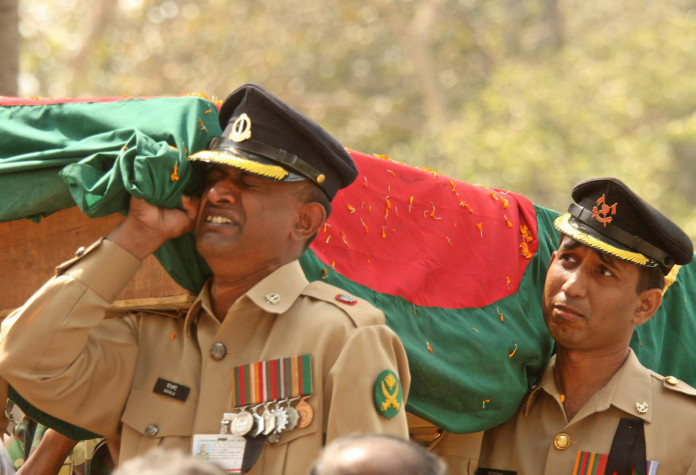

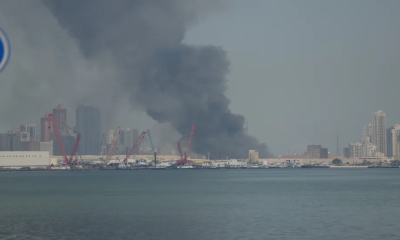
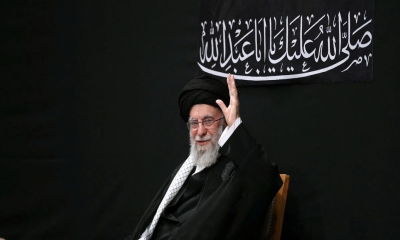
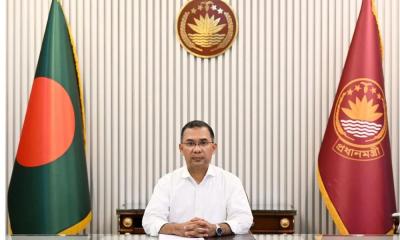

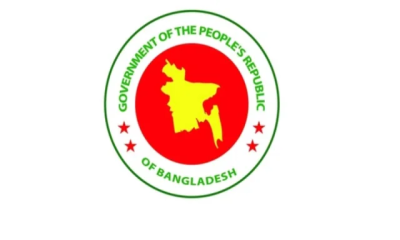


-20260302065048.webp)
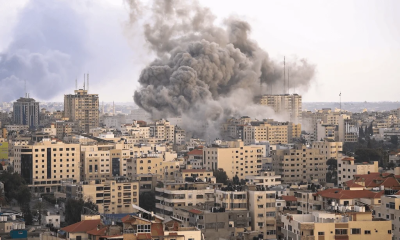

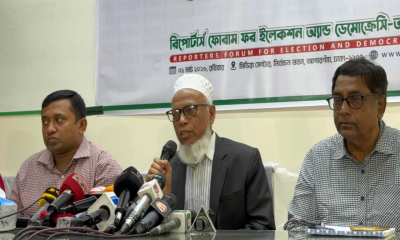
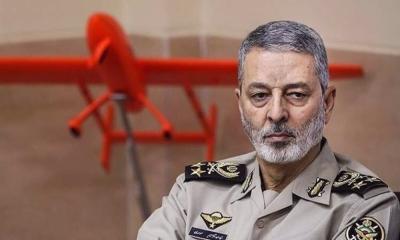

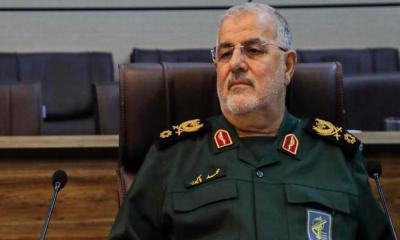
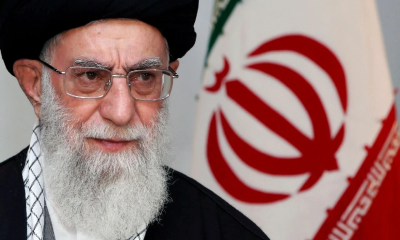







-20260224075258.webp)



-20260225072312.webp)
